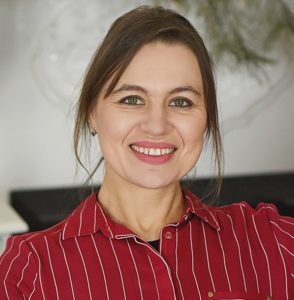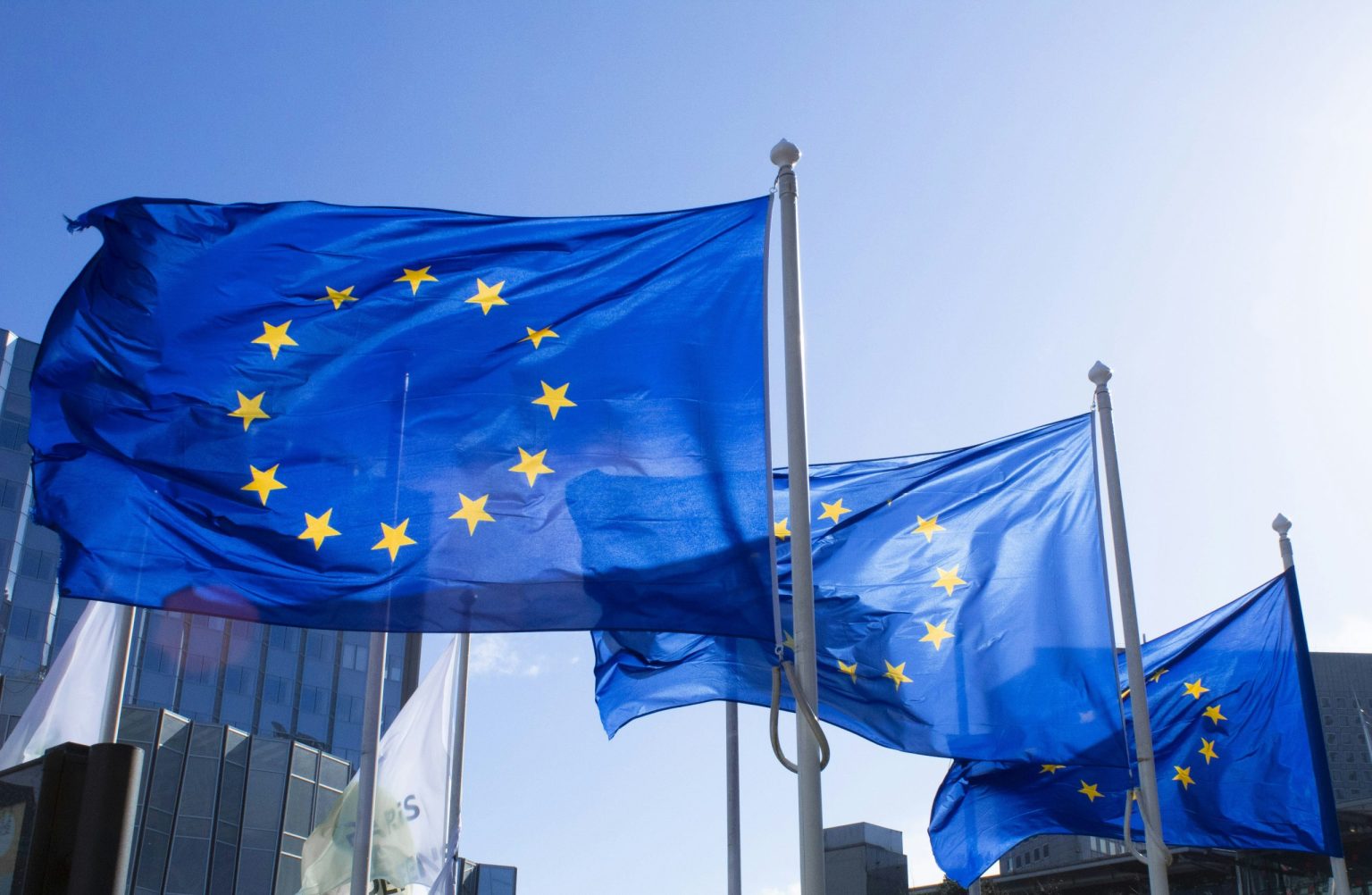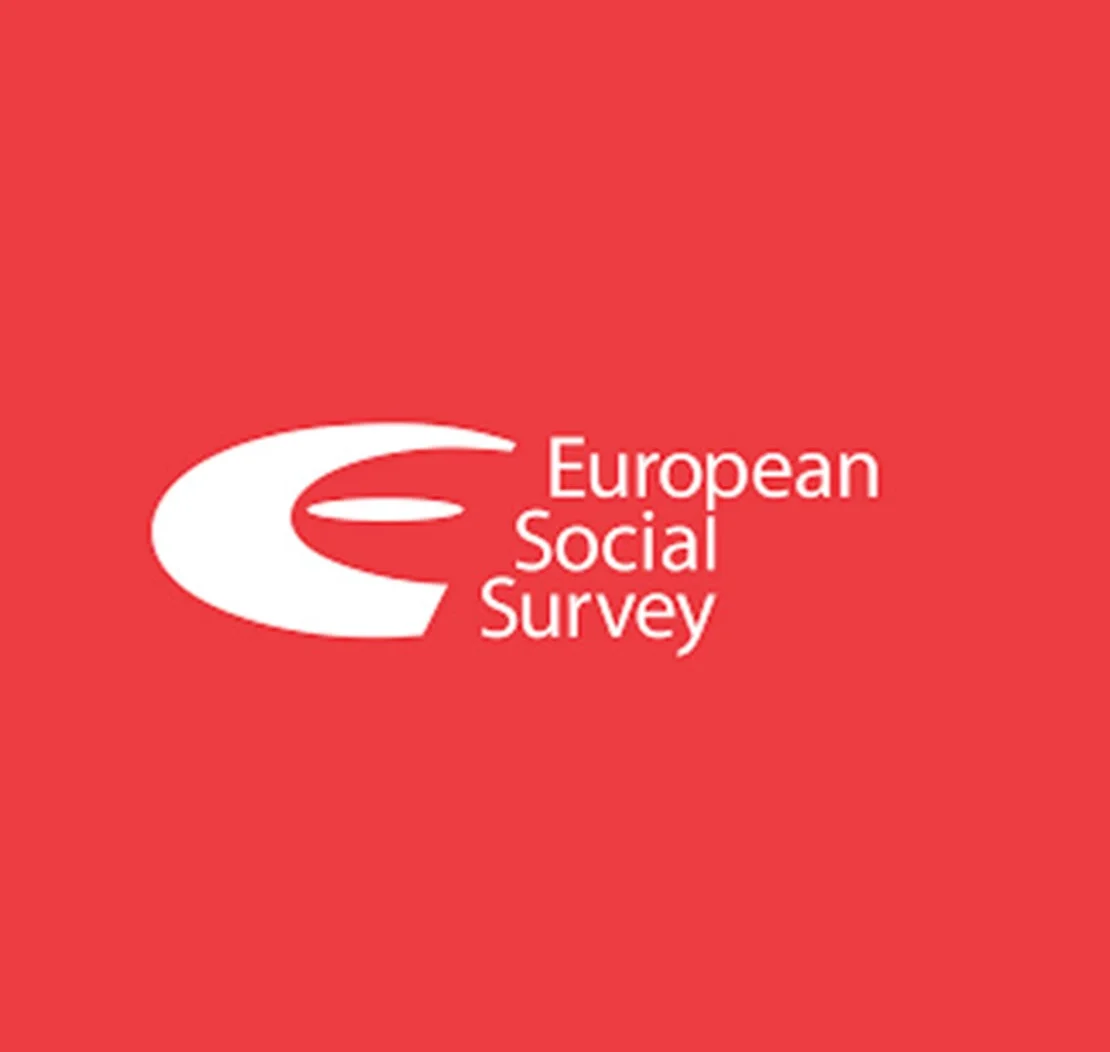The Vytautas Kavolis Transdisciplinary Research Institute at Vytautas Magnus University (VMU) has launched a new research project entitled “Formulation and Representation of Lithuania’s National Interests in the Council of the European Union (EU): Strategic Choices, Negotiation Challenges and Effectiveness”. The project, which will last more than two years, is led by Assoc. Prof. Dr. Sima Rakutienė. It is funded by the Lithuanian Science Council (contract no. S-LISm-25-9).

Lithuania’s interests and negotiating weight in the Council of the EU
The Council of the EU is one of the EU’s two main legislative bodies. As an important intergovernmental institution, it coordinates national interests and transforms them into collective European decisions. It also has a significant influence on the political systems and public policy decisions of all EU Member States. In this context, smaller countries such as Lithuania can struggle to defend their positions effectively and influence decision-making.
This project aims to conduct scientific research and publish its results. It will assess the effectiveness of Lithuania’s short-term and long-term strategies, coalition decisions, negotiation tactics and voting patterns when representing national interests in the EU Council.
This project combines models of liberal intergovernmental interaction and negotiation theory with an analysis of the influence of small states and new EU members (those that joined after the major EU enlargement in 2004). It will examine how Lithuania shapes and defends its national interests in the EU Council, the challenges it faces and the factors that determine its negotiating weight.
Empirical Analysis and a New Perspective on the Effectiveness of Small States in the EU
The study will use both qualitative and quantitative methods: semi-structured interviews will be conducted with decision-makers from the Lithuanian National Representation to the EU and other EU institutions, as well as with politicians and ministry officials. Documents and voting data will be analysed, and case studies will be conducted in various policy areas, including foreign affairs, security, energy and agriculture.
The collected data will enable us to assess how Lithuania forms coalitions, the negotiating positions it adopts, and how it balances national and EU interests. The project’s results will provide new insights into the role of small states in EU politics, reveal how Lithuania adapts to the complex dynamics of EU Council negotiations and enable an evaluation of the effectiveness of its negotiating strategies.
The results of the study will be presented at conferences, published in scientific articles and incorporated into an international scientific monograph. The study will also make recommendations to policymakers and government institutions to strengthen Lithuania’s representation at the EU level.
Project Research Team
The project is led by Assoc. Prof. Dr. Sima Rakutienė, who is a researcher at the Vytautas Kavolis Transdisciplinary Research Institute and Head of the Department of Regional Studies at the Faculty of Political Science and Diplomacy at VMU. Her research focuses on international institutions and institutionalism, EU institutions, EU neighbourhood and foreign policy, and regional and interregional cooperation.
Assoc. Prof. Dr. Ingrida Unikaitė-Jakuntavičienė from the Department of Political Science at the Faculty of Political Science and Diplomacy at VMU is also participating in the project. Her research focuses on political communication, political campaigns, citizenship and conflict resolution processes.
Selected students will also participate in the study.
Photo: Unsplash


